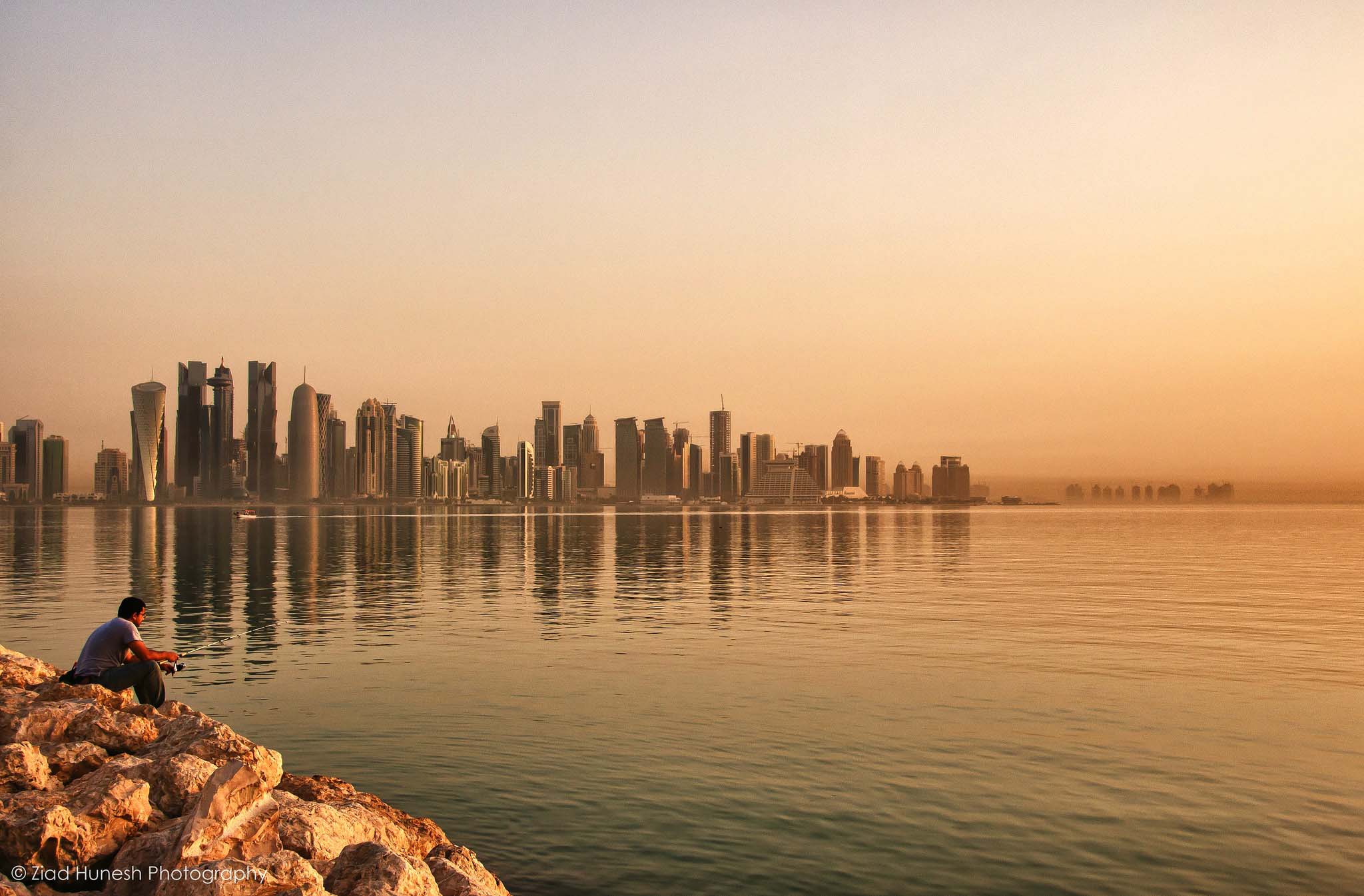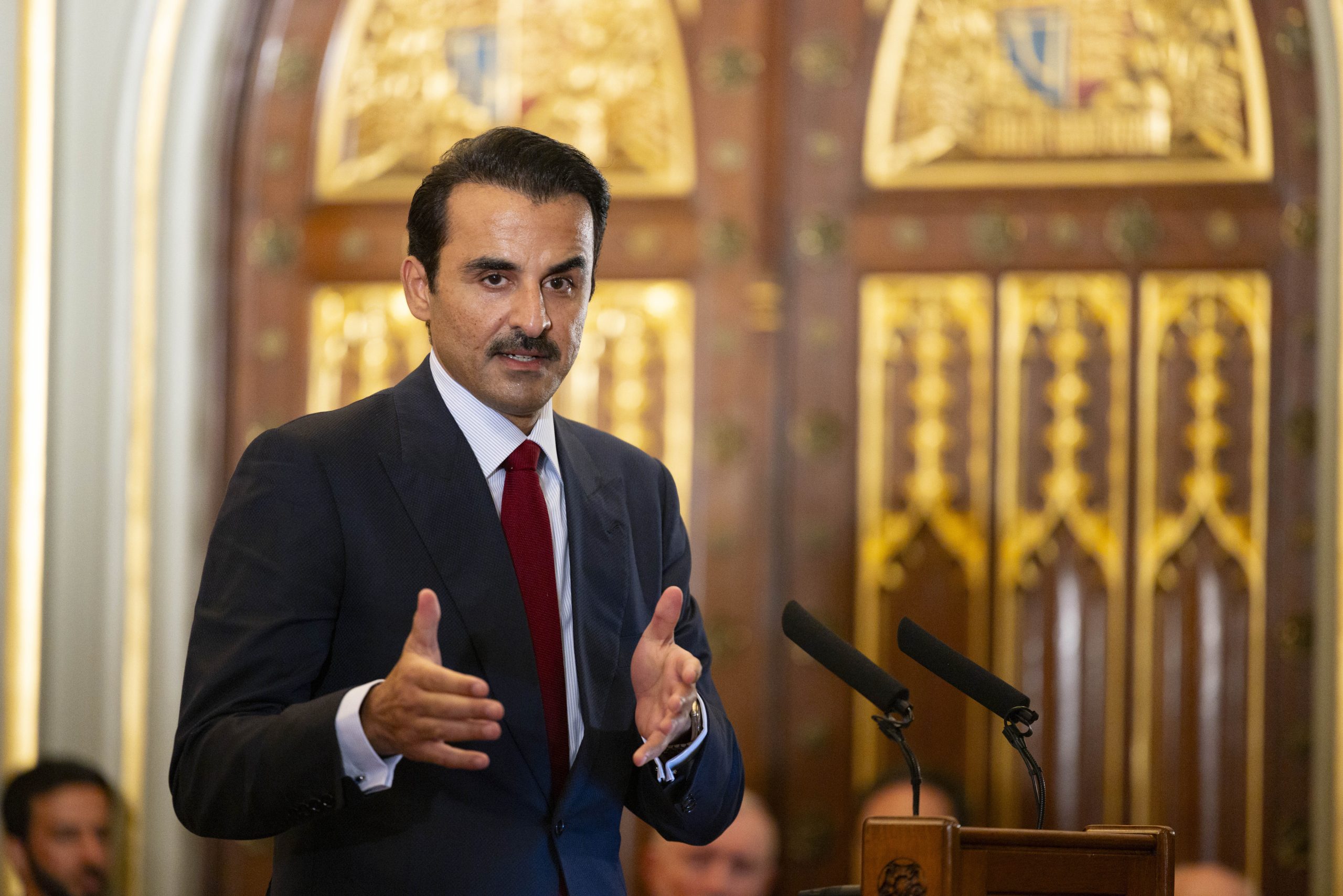
People living in Qatar continue to be the region’s most confident when it comes to future personal wealth and economic growth, despite rising daily costs that have eroded savings for many, according to a new report.
Nearly three-quarters (72 percent) of Qatar respondents to the latest Bayt.com/YouGov survey on consumer confidence in the MENA region said they believed local business conditions would improve in the coming year, making them the most upbeat of all GCC respondents.
Those from the UAE were just slightly behind, with 71 percent saying they felt similarly. Residents of other Gulf countries were less confident, but still fairly positive:
- Oman (63 percent);
- Saudi Arabia (59 percent);
- Kuwait (56 percent); and
- Bahrain (42 percent).
The confidence seems to stem in part from high expectations regarding Qatar’s economy.
Nearly two-thirds (65 percent) of survey respondents from Qatar said they believed the country’s economy would improve as it enters the new year.
The UAE was the only other Gulf country where the majority of residents (59 percent) felt similarly upbeat.
Meanwhile, 62 percent of Qatar job seekers said they also felt positive about their own financial circumstances improving in the coming six months – again, the highest figure among GCC respondents.
Those in the UAE came next (59 percent positive), followed by residents in Kuwait (56 percent), Bahrain and Oman (53 percent each). Just less than half of Saudi respondents (49 percent) said they believed their own situations would improve in the coming months.
More jobs
One factor that could influence economic confidence in Qatar is the perceived growth in the job market here.

While only one third (32 percent) of Qatar residents said they felt there are currently “plenty of jobs available across all industries,” nearly half (46 percent) predicted more jobs would open up in the coming six months.
This was again one of the most upbeat outlooks in the region. While respondents in the Emirates were similarly optimistic, just one in five (21 percent) of those living in Bahrain felt the same.
Despite the expansion of Qatar’s job market to ensure it meets deadlines for various ongoing infrastructure projects, the rising cost of living continues to affect residents.
According to this latest survey, more than a third of residents (39 percent) said they were putting aside less money each month during the past year.
Daily costs up
Those working in other Gulf countries appear to be even less well off. Nearly half (49 percent) of Bahrain residents said they have seen an erosion in savings over the same period, while 46 percent in Kuwait felt the same.

Additionally, in Qatar and across the region, the expectation is that costs will continue to go up. On average, three-quarters of all respondents in the Gulf predicted that the cost of living in their country would increase in the next six months.
While 65 percent of those in Qatar were forecasting rising prices, some 77 percent of Kuwait residents predicted a more expensive time ahead.
Qatar’s cost of living had been increasing since last year due primarily to high residential rents, though economic experts are predicting a more stable end to the year.
At the end of last month, Qatar National Bank said that prices of consumer goods would remain subdued until the new year, thanks to a cooling housing market and low international food prices.
However, inflation is forecast to start rising again in 2016, and could be on average 3.8 percent next year – up from 2.4 percent forecast for the 2015 average.
If daily costs continue to outstrip increases in employees’ salaries, attracting and retaining skilled workers becomes more difficult for companies.
Elissavet Vraka, Research Manager at YouGov, said in a statement:
“Gauging consumer opinion is a powerful tool for revealing the current attitudes and sentiments about the business and economic conditions in a specific country. With the majority of people anticipating an increase in living costs and having experienced a decrease in savings, it may be time to take an evaluative look at the stability of personal financial situations.”
Consumer spending
While some are feeling the pinch from rising costs, it doesn’t appear to be putting off other residents from spending money on gadgets.

Nearly half (49 percent) of Qatar respondents said they planned to buy a car in the coming year, while more than a third (35 percent) hoped to invest in property, 28 percent were planning to buy a smartphone or tablet and almost a quarter (24 percent) a desktop or laptop computer.
There were 8,882 respondents from the UAE, Saudi Arabia, Qatar, Oman, Kuwait, Bahrain, Syria, Jordan, Lebanon, Egypt, Morocco, Tunisia and Algeria to the Bayt.com/YouGov Consumer Confidence Index Survey, conducted from July 27 to Aug. 2.
Are you saving any more – or less – than this time last year? Thoughts?







